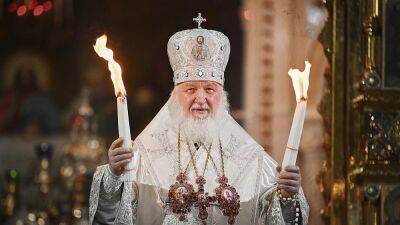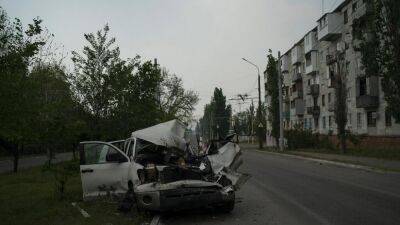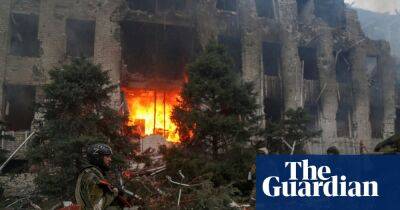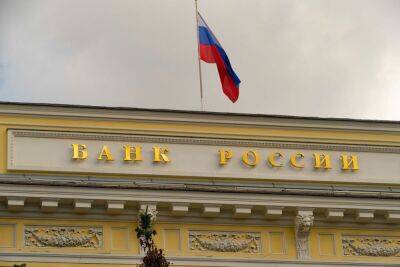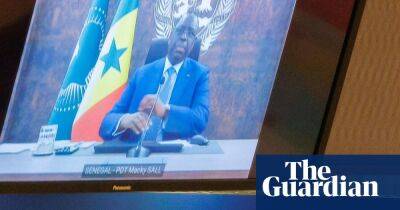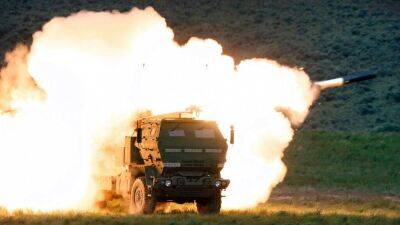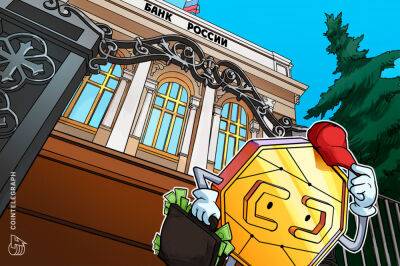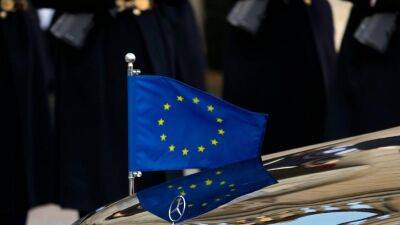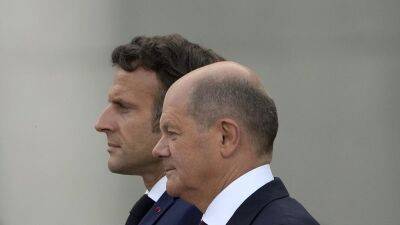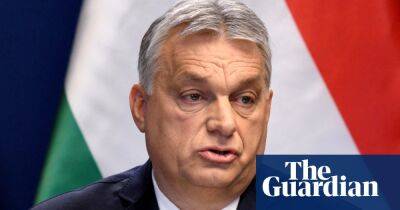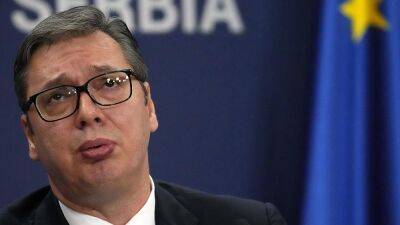Three months on, Russia's war in Ukraine has no end in sight
The war was expected to be over in a couple of days, according to most analysts: a quick offensive, a government on the run, and victory declared.
Instead, Russia’s invasion of Ukraine has lasted three months and counting.
In that time, tens of thousands have died, including many Russian soldiers and officers, millions have fled their homes, and major Ukrainian cities have been reduced to shadows of their former selves.
Three months in, few are any wiser about how it will all end.
"Unfortunately, the conflict is likely to be there for many years to come, although the intensity of fighting might go down when Russia feels they have achieved enough to proclaim some kind of victory at home,” Mats Engström, a visiting fellow at the European Council on Foreign Relations (ECFR), told Euronews.
Very early on, Russia's offensive got bogged down on the outskirts of Kyiv. A month in, Russia ended up pulling back its forces from around Kyiv to focus on the industrial region of the Donbas, which Moscow-backed separatists and Ukraine have been fighting over since 2014.
Russia has indeed managed to seize significant chunks of territory around the Crimean Peninsula, and secured full control over the key port of Mariupol last week after a months-long siege, effectively cutting Ukraine off from the Sea of Azov.
Yet Russia has so far lacked a clear result that would allow the Kremlin to claim victory or take control of large parts of Ukraine and establish a puppet government.
Some see a Russian military unsure of the next steps.
“The Russian leadership is urging the military command to show at least some gains, and it has nothing else to do but to keep sending more troops into the carnage,” said Mykola Sunhurovskyi, a military expert at the
Read more on euronews.com

